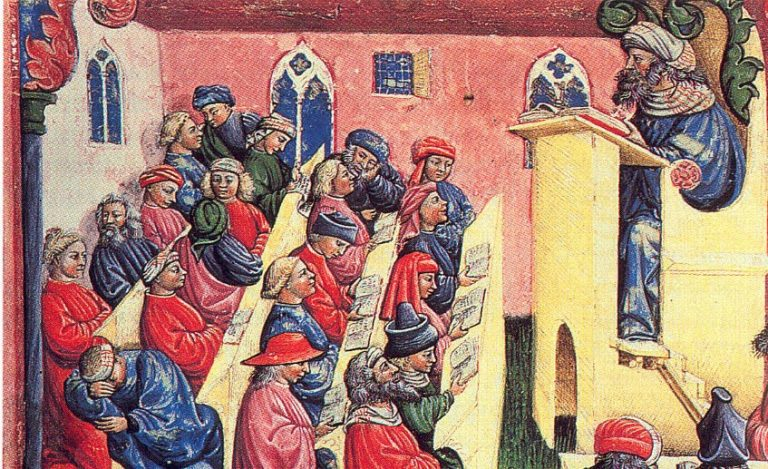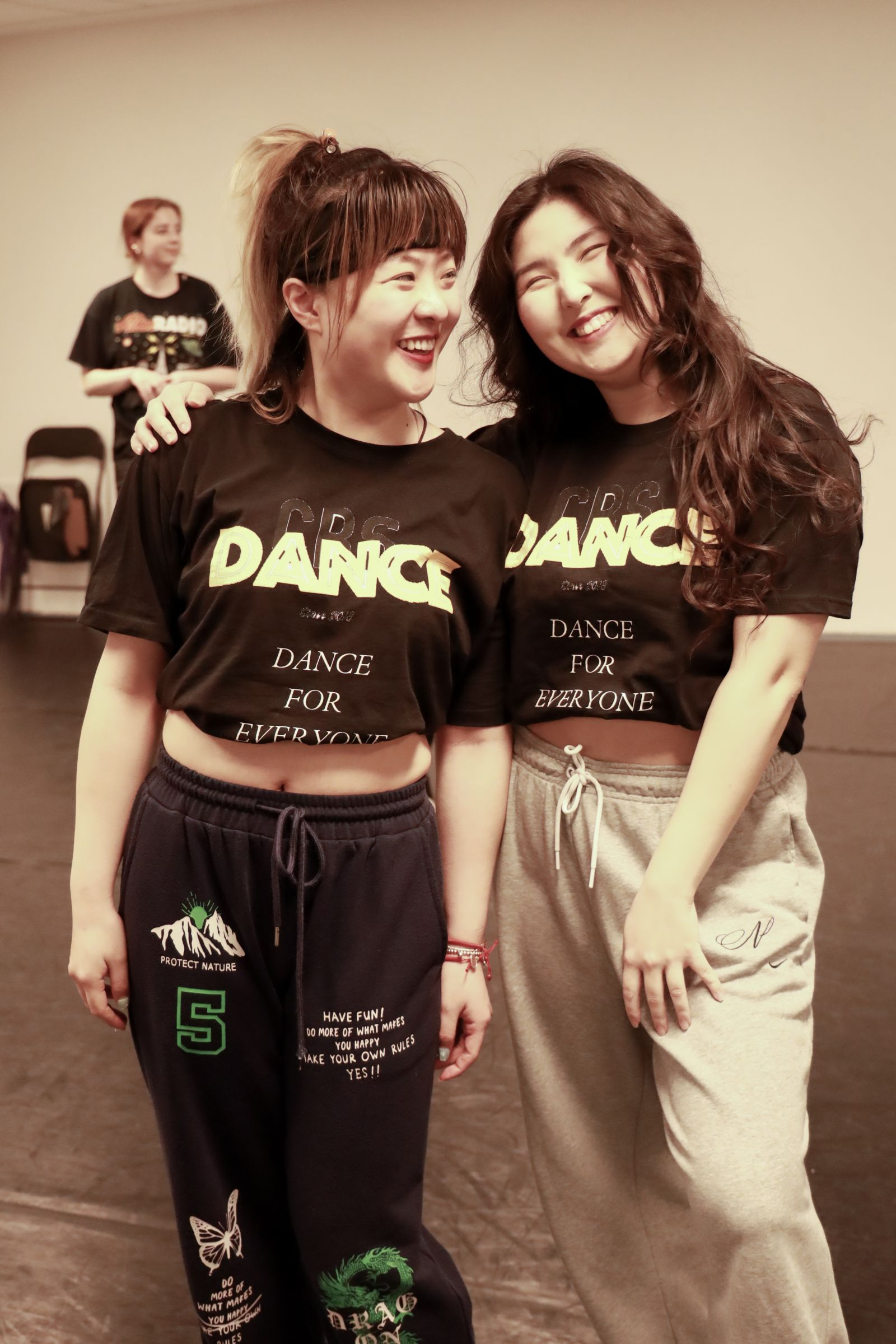
Medieval Studies Conference: Celebrating 100 Years at Harvard
The medieval studies conference held at Harvard marks a pivotal moment in the evolution of scholarly medieval studies, bringing together over 800 academics from around the globe. Celebrating the Medieval Academy of America’s 100th annual meeting, this event serves as a vibrant hub for interdisciplinary medieval studies, revitalizing discussions on historical and contemporary themes alike. From enlightening workshops to thought-provoking plenary addresses, attendees are immersed in a collaborative atmosphere that showcases the rich tapestry of medieval scholarship. As the birthplace of pioneering work in this field, Harvard continues to attract thought leaders, offering a prime opportunity for networking and idea exchange. This year’s focus on global perspectives underscores the importance of understanding the diverse medieval worlds, ensuring that the legacy of medieval studies is as dynamic and engaging as ever.
Hosting the Harvard medieval conference is a celebrated occasion for scholars passionate about the Middle Ages, with its roots deeply entrenched in the Medieval Academy’s storied past. This large-scale gathering of researchers, historians, and cultural enthusiasts represents a unique cross-section of expertise in historical inquiry and literary analysis. With sessions exploring a variety of subjects from medieval trade to literature, the conference facilitates an environment ripe for interdisciplinary dialogue and fresh perspectives. Participants are encouraged to reflect on the progression of medieval studies while contemplating future scholarly endeavors. As a distinguished platform, this conference not only fosters academic collaboration but also highlights the relevance of medieval studies in today’s rapidly changing cultural landscape.
The Importance of the Medieval Studies Conference
The medieval studies conference serves as a cornerstone for scholars in the field, offering an invaluable platform for sharing research and fostering collaboration among academics. The recent gathering at Harvard, which hosted over 800 participants from 23 countries, highlights the international interest and collaborative spirit that the field enjoys. Scholars from diverse backgrounds, including those affiliated with the Medieval Academy of America, had the chance to not only present their work but also engage with others who share a passion for examining the complexities of medieval history, literature, and culture. Such conferences are instrumental not just for networking, but for cultivating interdisciplinary dialogues that enhance scholarly perspectives across various areas.
Moreover, the excitement surrounding the medieval studies conference lies in its ability to reflect the evolution of the discipline over the past century. As Sean Gilsdorf expressed, examining the past while contemplating the future of medieval studies is essential for understanding how scholarly approaches have transformed. The wealth of topics discussed at the conference underscores the broadening scope of medieval studies, particularly in light of emerging global perspectives. The inclusion of presentations related to Mediterranean, Islamic, and other regional histories indicates a significant shift towards a more inclusive understanding of the Middle Ages, thus fostering an environment rich in scholarly exchange.
Interdisciplinary Approaches to Medieval Studies
The recent medieval studies conference showcased a variety of interdisciplinary approaches that illuminate the richness of scholarly medieval studies today. With presentations touching on subjects from medieval trade agreements to the cultural ramifications of poetry, like those by García-Oteyza and Shadrina, the event emphasized how contemporary scholars are engaging with historical content through new lenses. This interdisciplinary nature not only encourages the blending of different academic fields but also challenges traditional paradigms, allowing for innovative research and methodologies that reflect the complexity of the medieval experience.
Furthermore, the conference’s focus on interdisciplinary studies aligns with trends observed in the broader academic community. As scholars increasingly recognize the interconnectedness of historical events with cultural, social, and artistic developments, the boundaries that once defined medieval studies are becoming less rigid. For instance, Emily Sun’s examination of the modern translations of classic texts like ‘Beowulf’ demonstrates how feminist perspectives and contemporary issues can breathe new life into ancient literature. Such discussions not only highlight individual academic contributions but also create a vibrant discourse about the relevance of medieval scholarship in addressing today’s societal challenges.
The Role of Technology in Modern Medieval Studies
The integration of technology in medieval studies appears to have transformed the landscape of academic research and presentations. In recent years, conferences have begun utilizing digital tools for sharing information and fostering greater collaboration among scholars. During the latest medieval studies conference at Harvard, the opportunity to connect with peers was amplified through virtual platforms and online forums, especially heightened by the experiences of the COVID-19 pandemic. By leveraging technology, scholars can now reach a wider audience and engage in discussions that extend beyond the physical conference space, making it an important aspect of modern scholarly practices.
Additionally, the use of digital archives and databases has become essential for research in medieval studies. Access to extensive resources online enables researchers to delve deeper into historical texts, artifacts, and analyses at their convenience. This accessibility promotes a more thorough investigation of medieval themes, helping scholars such as Colin Brady, who discussed historical assemblies and events like the Óenach Tailteann, to underpin their insights with substantial historical context. As the field progresses, embracing technology will continue to enhance communication and resource utilization, making conferences more impactful and paving the way for a new generation of medieval scholars.
Global Perspectives in Medieval Studies
Harvard’s medieval studies conference underscored its commitment to highlighting global perspectives within the field. Presentations focused not only on European narratives but also included discussions on the medieval worlds of Africa, Asia, and Islamic regions, emphasizing a comprehensive understanding of medieval history. By diversifying the subject matter, scholars are encouraged to explore how various cultures interacted during the Middle Ages, thus enriching their dialogues with fresh insights and complexity. Such global engagement fosters a more integrated approach to medieval history that recognizes the interconnectedness of different civilizations.
Emphasizing global perspectives also speaks to the growing acknowledgment of the limitations within traditional medieval studies. As the discipline evolves, scholars are breaking away from Eurocentric viewpoints to embrace a more holistic examination of the past. Workshops, like the one organized by Assistant Professor Anna Wilson on teaching the Global Middle Ages, exemplify this push towards more inclusive educational strategies. By incorporating broader narratives into their teaching, educators are preparing the next generation of medievalists to think critically about the past while being mindful of the diverse experiences that shaped it.
Reflections on the Evolution of Medieval Studies
The evolution of medieval studies over the past century is a testament to the adaptability and resilience of this academic discipline. From its early roots to its current state, the field has undergone significant transformations, particularly in embracing a multidisciplinary approach and addressing contemporary issues relevant to today’s society. As attendees at the conference reflected on historical milestones, it became clear that the discipline has been enriched through collaborations and dialogues that bridge art, history, literature, and even philosophy, fostering a collaborative spirit among scholars worldwide.
Moreover, the presence of esteemed organizations like the Medieval Academy of America serves as a reminder of the community’s commitment to nurturing innovative scholarship. With ongoing discussions surrounding current methodologies, as expressed by figures like Sean Gilsdorf, there is a collective anticipation regarding where future research will take the field. By tackling topics that resonate with modern audiences while remaining grounded in medieval history, scholars can enhance public appreciation and understanding of the Middle Ages, ensuring that the legacy of medieval studies continues to thrive in contemporary discourse.
Networking Opportunities at Medieval Studies Conferences
Networking opportunities at medieval studies conferences are invaluable for both emerging scholars and established academics. These gatherings provide a unique chance for scholars to interact directly with their peers, exchanging ideas and fostering potential collaborations that could lead to future research projects or publications. As Ph.D. candidates like Emily Sun noted, the ability to engage in face-to-face discussions significantly enhances the academic experience, allowing individuals to witness the impact of their work while building relationships that transcend disciplinary boundaries.
Furthermore, such events often feature diverse panels and workshops that cater to a broad spectrum of interests within medieval studies. Scholars can attend sessions that align with their research areas, while also exposing themselves to topics outside their specialization. This encourages interdisciplinary dialogue, allowing for a richer understanding of the field and the interconnectedness of various research strands. In this way, networking at conferences not only benefits individual scholars but collectively strengthens the field of medieval studies as a whole.
Challenges Facing Medieval Scholars Today
Despite the enthusiasm and growth surrounding medieval studies, scholars also face significant challenges in the modern academic environment. The influx of misinformation and the sensationalism of online discourse, as highlighted by García-Oteyza’s references to Chaucer, reflects ongoing struggles that medievalists must navigate, particularly when articulating the importance of their research to a broader audience. Scholars may wrestle with the need to counteract dated stereotypes about the Middle Ages while striving to present a nuanced portrayal that respects the complexity of the period.
Additionally, the ongoing shifts in higher education, particularly concerning funding and the viability of certain research areas, pose challenges for medieval scholars. With institutions increasingly prioritizing STEM fields, humanities disciplines, including medieval studies, face an uphill battle in demonstrating their value and relevance. This makes it essential for scholars to adapt their work and outreach strategies, ensuring they can connect with diverse audiences and articulate the importance of their research within contemporary society.
Future Directions for Medieval Studies
As the field of medieval studies progresses into the future, scholars must remain adaptable to emerging trends and societal changes. The conference at Harvard emphasized a collective commitment to driving the discipline forward through innovative research and interdisciplinary collaborations. Discussions surrounding global perspectives, technological integration, and diverse methodologies point towards a vibrant future for the field that is likely to attract a more varied demographic of scholars. These shifts will allow for richer, multifaceted inquiries into the medieval past that resonate with contemporary audiences.
Furthermore, as modern scholars embrace the opportunities presented by digital platforms and global networking, future research in medieval studies is likely to reflect broader cultural understandings and interdisciplinary approaches. Engaging in dialogues that blend literature, history, and social sciences affords medievalists the chance to deepen their analyses and rethink foundational assumptions about the Middle Ages. By championing these evolving trends, the medieval studies community can continue to cultivate a dynamic and impactful scholarly landscape for generations to come.
The Significance of Scholarly Collaboration in Medieval Studies
Scholarly collaboration plays a crucial role in advancing the field of medieval studies, as evidenced by the collective efforts seen at recent conferences. Participants engage in discussions that reflect not just individual research endeavors, but the collaborative spirit that is essential for fostering innovation within the discipline. This collaborative nature allows for different perspectives to be heard and considered, creating an enriching environment where scholars can challenge one another and push the boundaries of conventional thought about the Middle Ages.
Additionally, such collaborative efforts often lead to publications that encompass a wider array of scholarly insights and analyses. By working together on projects or participating in panel discussions, scholars can produce comprehensive works that delve into complex issues within the medieval context. This approach not only enhances the quality of research but also promotes a sense of community within medieval studies, making collaborative scholarship a foundational aspect of the discipline’s continued advancement.
Frequently Asked Questions
What is the purpose of the Medieval Academy of America’s annual medieval studies conference?
The Medieval Academy of America’s annual medieval studies conference serves as a premier gathering for scholars in the field of medieval studies, fostering interdisciplinary dialogue and showcasing the evolution of medieval scholarship. It provides an opportunity for medievalists from around the globe to present research, participate in workshops, and discuss the latest developments in scholarly medieval studies.
Who typically attends the Harvard medieval conference?
The Harvard medieval conference attracts a diverse array of participants, including academics, Ph.D. candidates, historians, and cultural scholars from various countries. Typically, over 800 attendees gather to engage in presentations, plenary addresses, and workshops focusing on medieval studies, drawing in experts from across 23 nations.
How has the field of medieval studies evolved over the past century, according to conference attendees?
Attendees of the medieval studies conference have noted a significant evolution in the field over the last century, highlighted by an increasing interdisciplinary approach and a global perspective. Presentations have expanded to include medieval cultures from various regions, including the Mediterranean, Islamic areas, and beyond, reflecting a broader understanding of the medieval world.
What themes were discussed at the 100th annual meeting of the Medieval Academy of America?
The 100th annual meeting of the Medieval Academy of America featured themes centering on global approaches to medieval studies, including workshops on teaching the Global Middle Ages. Scholars presented research on topics like medieval trade agreements and cultural exchanges, showcasing the interdisciplinary nature of contemporary medieval studies.
What unique opportunities does attending a medieval studies conference provide to graduate students?
For graduate students, attending a medieval studies conference like the Harvard medieval conference offers unique networking opportunities with established scholars, the chance to present their research, and an environment for engaging discussions outside the classroom. This experience enriches their academic journey and helps in building professional relationships.
Why is the historical context of the Medieval Academy of America significant in modern medieval studies?
The historical context of the Medieval Academy of America, founded in the early 1920s in Cambridge and Boston, adds depth to modern medieval studies. It illustrates the longstanding scholarship within the field and serves as a reminder of how medieval studies have expanded, prompting current scholars to reflect on both the past and future trajectories of their research.
What can participants expect from workshops at the medieval studies conference?
Participants at the medieval studies conference can expect workshops to cover a range of topics related to teaching and scholarship in medieval studies. These workshops are designed to enhance pedagogical skills and encourage scholars to adopt innovative global perspectives, facilitating discussions on how to effectively communicate medieval themes to diverse audiences.
| Key Points |
|---|
| 800 academics gathered at Harvard for the Medieval Academy of America’s 100th annual meeting, highlighting the significance of the event for medieval studies. |
| Discussion on misinformation parallels, drawing connections from Chaucer’s work to contemporary literature like Patricia Lockwood’s. |
| Presentation topics included medieval trade agreements, global perspectives on medieval worlds, and cultural exchanges across regions from Scandinavia to the Mediterranean. |
| The conference served as a platform for interdisciplinary engagement, allowing students and scholars to connect and share their research. |
| Focus on teaching the Global Middle Ages encourages future medievalists to adopt broader perspectives in their scholarship. |
Summary
The recent Medieval Academy of America’s 100th annual meeting in Harvard Yard showcased the importance of the medieval studies conference as a beacon of knowledge and scholarly exchange. With 800 scholars from across the globe convening to share insights on topics from Chaucer to medieval trade, the event emphasized the evolving nature of the field, asserting its relevance in today’s academic landscape. Interdisciplinary discussions and a renewed global perspective on medieval studies indicate that as we move forward, embracing diverse narratives is vital for the continued growth of this rich scholarly tradition.


